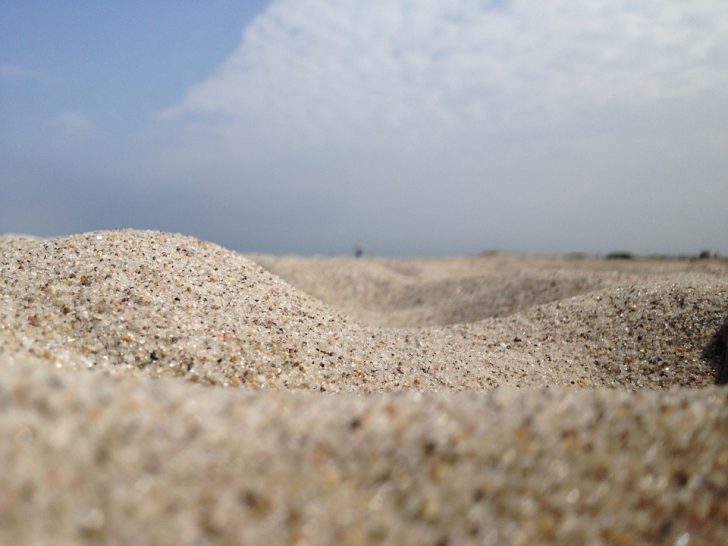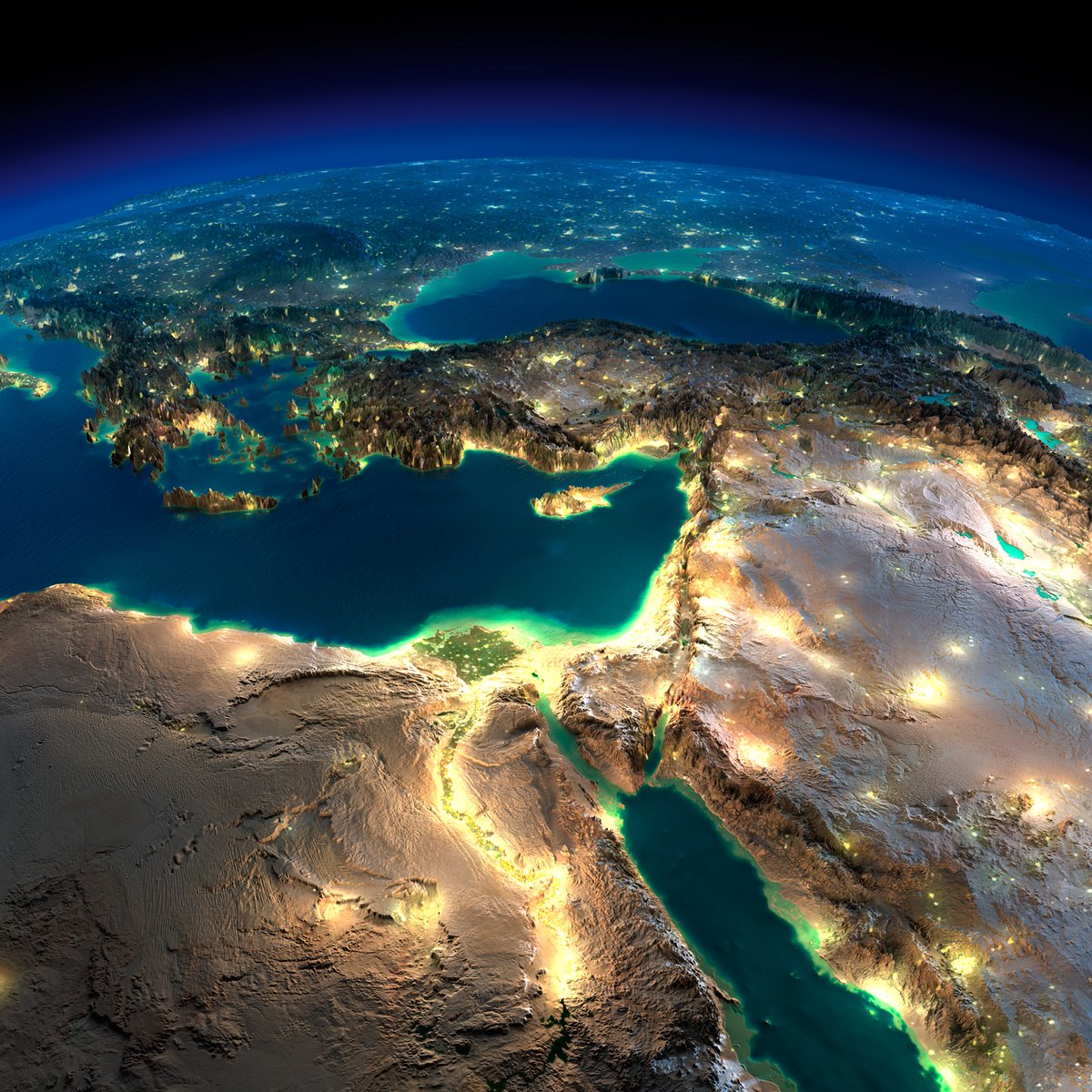Here is a thread from my Covenant & Conversation essay on #Vaetchanan called "Why is the Jewish people so small?". You can read it in full here: bit.ly/2KQyx10 and download the accompanying Family Edition here: bit.ly/2yZUpSh. #ShabbatShalom 

The Jewish people are small but have achieved great things to testify in themselves to a force beyond themselves. It has achieved things no other nation its size could have achieved.
Its history has been living testimony to the force of Divine Providence and the impact of high ideals.
That is what Moses meant when he said: Ask now about the former days, long before your time, from the day God created human beings on the earth; ask from one end of the heavens to the other.
Has anything so great as this ever happened, or has anything like it ever been heard of? Has any other people heard the voice of God speaking out of fire, as you have, and lived?
Has any god ever tried to take for himself one nation out of another, by testings, by signs & wonders, by war, by a mighty hand & an outstretched arm, or by great & awesome deeds, like all the things the Lord your God did for you in Egypt before your very eyes? (Deut. 4:32–34)
Israel defies the laws of history because it serves the Author of history. Attached to greatness, it becomes great.
Through the Jewish people, God is telling humankind that you do not need to be numerous to be great. Nations are judged not by their size but by their contribution to human heritage.
Of this the most compelling proof is that a nation as small as the Jews could produce an ever-renewed flow of prophets, priests, poets, philosophers, sages, saints, halachists, aggadists, codifiers, commentators, rebbes, and rashei yeshivot.
It has also yielded some of the world’s greatest writers, artists, musicians, filmmakers, academics, intellectuals, doctors, lawyers, businesspeople, and technological innovators.
Out of all proportion to their numbers, Jews could and can be found working as lawyers fighting injustice, economists fighting poverty, doctors fighting disease, teachers fighting ignorance, and therapists fighting depression and despair.
You do not need numbers to enlarge the spiritual and moral horizons of humankind. You need other things altogether: a sense of the worth and dignity of the individual, of the power of human possibility to transform the world, of the importance of giving everyone the best…
…education they can have, of making each feel part of a collective responsibility to ameliorate the human condition. Judaism asks of us the willingness to take high ideals and enact them in the real world, unswayed by disappointments and defeats.
This is still evident today, especially among the people of Israel in the State of Israel.
Traduced in the media and pilloried by much of the world, Israel continues to produce human miracles in medicine, agriculture, technology, and the arts, as if the word “impossible” did not exist in the Hebrew language.
Israel remains a small nation, surrounded, as in biblical times, by “nations larger and stronger than you” (Deut. 7:1).
Yet the truth remains, as Moses said: “The Lord did not set His affection on you and choose you because you were more numerous than other peoples, for you are the fewest of all peoples.”
This small people has outlived all the world’s great empires to deliver to humanity a message of hope: you need not be large to be great. What you need is to be open to a power greater than yourself.
• • •
Missing some Tweet in this thread? You can try to
force a refresh









